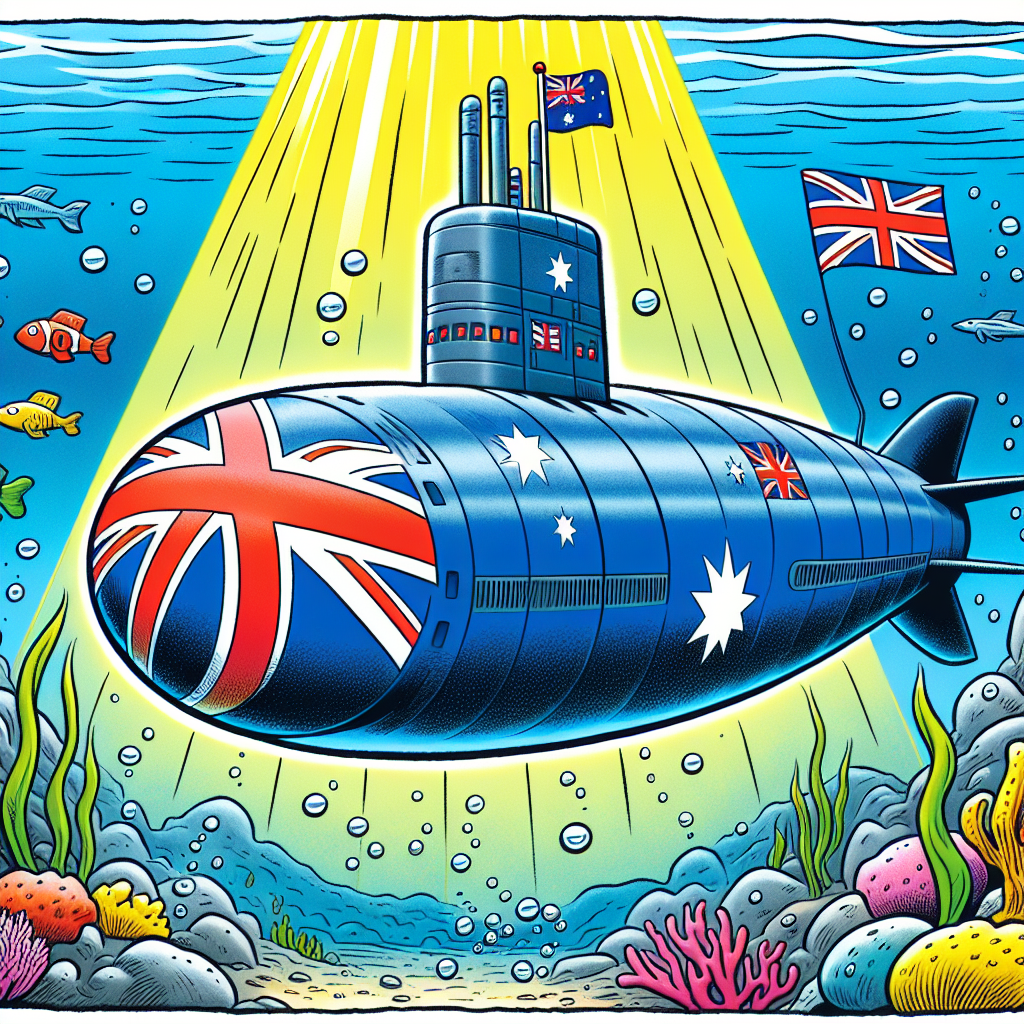Transatlantic Aviation Accord: A Tariff-Free Flight Path
The United States and European Union have reached a provisional deal exempting aircraft from tariffs, averting potential disruptions in jet production and deliveries. The agreement, which maintains zero-for-zero tariffs on aircraft, signifies a unified approach and mitigates longstanding trade tensions involving Airbus and Boeing subsidies.

A provisional agreement has been reached between the United States and the European Union to exempt aircraft from tariffs, preventing potential setbacks in jet production and delivery processes. On Sunday, officials announced that the U.S. will impose a 15% import tariff on most EU goods but maintain zero tariffs on aerospace products.
This framework deal, praised by European officials, comes after intensive lobbying efforts and is expected to offer protection for the aerospace industry, which has historically been a focal point of trade disputes. The announcement follows a discreet yet decisive campaign to return to a landmark 1979 agreement ensuring duty-free trading in civil aircraft and parts.
The U.S.-EU accord, although a significant relief for the aerospace sector, leaves lingering questions regarding its detailed implementation and possible inclusion of space components. It echoes a recent trade accord between the U.S. and UK and is envisaged as a model for future agreements. A U.S. trade investigation into aerospace imports, focused largely on China, continues.
(With inputs from agencies.)










